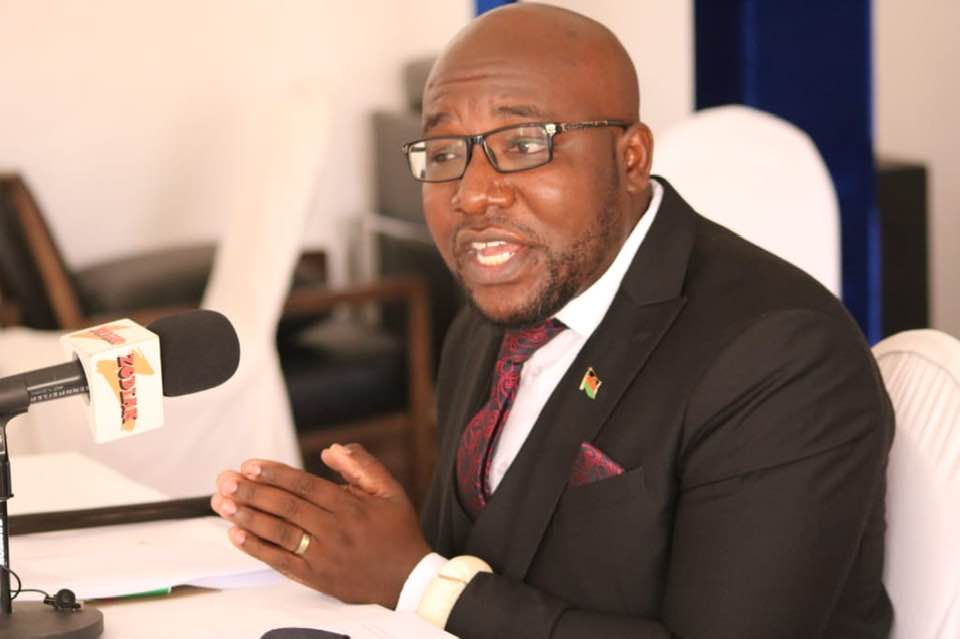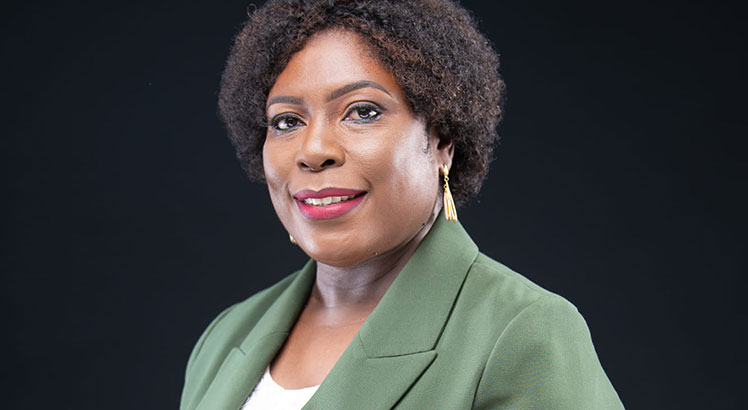Social sectors plunge downhill
Thirteen years ago, Malawi was among six African countries that achieved more than 15 percent allocation of the national budget to the health sector in line with the Abuja Declaration of 2001.
With 15.5 percent of its budget allocated to health in the 2010/11 fiscal year as per the Abuja Declaration, Malawi’s peers were Rwanda, Botswana, Niger, Zambia and Burkina Faso.
But in the 2011/12 National Budget, the allocation slightly fell to 14 percent as Western donors started to cancel direct aid to Capital Hill due to governance concerns during the administration of Bingu wa Mutharika.
Since then, the health budget’s ratio of total spending has been rolling downhill to just 8.5 percent in the proposed 2023/24 National Budget, which is a 45 percent or seven percentage points fall from the 15.5 percent grace.
The retreat’s impact on service delivery, according to professional health bodies such as Society of Medical Doctors and National Organisation of Nurses and Midwives of Malawi, has too many times forced doctors either to ration medicines or refer patients to private hospitals and pharmacies that are too expensive for the majority.

It has also resulted in critical shortages of essential equipment, creating congestion in public hospitals where patients wait for weeks, even months, just to get laboratory test results as was the case with one Bright Limani or get that urgent surgery to live.
Limani, a patient who was referred to Queen Elizabeth Central Hospital from Mulanje District Hospital for a biopsy this month, said he had to raise money he did not have to go to Mwaiwathu Private Hospital because he was told it would take too long for his condition, to get lab results at the country’s largest referral hospital.
He said: “I had a biopsy a few days ago. The service, from seeing the doctor to getting the biopsy, went smoothly. It was getting the results for the biopsy that was the problem. The lab technician at Qech told me it would take about four weeks to get the results from the tissue sample.
“The attending doctor advised me to go to Mwaiwathu Private Hospital to expedite the process. He said it would be harder to do a second operation if I waited four weeks. So, I went to Mwaiwathu where I paid K25 000 for the lab analysis.”
Limani’s story mirrors the suffering of millions of Malawians at the hands of ill-equipped public hospitals on the back of falling budget allocations from a squeezed fiscal space.
While Malawi’s public hospitals have always been lacking, the pain worsened after Capital Hill’s bad political and economic governance sickened Western donors, forcing them to withdraw general budgetary support (GBS), our analysis shows.
The United Kingdom (UK), Malawi’s largest bilateral donor at the time through its Department for International Development now UKaid, led the GBS exit in June 2011.
This was after Bingu, now deceased, expelled British Hich Commissioner Fergus Cochrain-Dyet for purportedly painting the Malawian leader as “ever more autocratic and intolerant of criticism” in a leaked diplomatic cable.
Earlier in 2010, Lilongwe had already made London angry for spending $13 million on a presidential jet at a time more than half of the country’s population was living in abject poverty and foreign currency shortages were heading towards a crisis.
Britain cut back three million pounds sterling out of its direct budget aid in protest.
The high commissioner’s expulsion was the last straw for the UK and triggered the wholesale British GBS withdrawal, which at the time stood at $122 million annually, of which $49 million went to the health sector.
Other GBS donors stayed put until 2013 after Cashgate, the unbridled plunder exposed in September 2013.
After this scandal, Norway, the European Union, Germany and even the World Bank suspended budgetary support.
That left social sectors such as health and education, in which GBS donors were heavily invested, at the mercy of a broke and broken Malawi Government Treasury to pick up the tabs.
Economic governance players worried
Malawi Economic Justice Network (Mejn) executive director Bertha Phiri cautioned that the perennial budget deficits and resultant heavy borrowing are pushing Malawi into debt distress, and by extension, worsen public service delivery as the government redirects resources to interest payments.
“The allocations to the sectors [education and health] will be affected because if the general resources that we have in public coffers are not up to the projections made in the budget, then the sectors will get lesser shares than planned or anticipated,” she said.
While the sectoral allocations to health and education have dropped, government allocations to public debt interest payments have increased over time, rising from 6.49 percent of the budget in 2010/11 fiscal year to a projected 23.63 percent in 2023/24.
Dwindling health financing equally worrying
National Organisation of Nurses and Midwives in Malawi president Shouts Simeza said the spending cuts have undermined service delivery in public hospitals, which are usually understaffed and medical supplies sometimes as basic as cotton wool are lacking.
He said: “Most public hospitals lack essential medicines. For example, last year, health workers at Bwaila District Hospital closed the maternity wing because they did not have gloves, cotton and drugs such as lignocaine.”
Bwaila Hospital is a referral facility that receives pregnant women from Lilongwe and surrounding districts.
On his part, Society of Medical Doctors public relations officer Zaziwe Gunda said the reductions have undermined recruitment of medical specialists such as physiotherapists and the purchase of essential medicines and equipment.
Familiar fate in education
The ratio of the budget allocated to the education sector has been declining over the past decade, falling to 16.3 percent in 2022/23 and 15.6 percent in the new fiscal plan that starts on April 1 this year.
These allocations are well below the 20 percent Dakar Commitment on Education for All by the African Union.
In a separate interview, Civil Society Education Coalition executive director Benedicto Kondowe cautioned that the reduced expenditure on education will undermine the country’s capacity to attain United Nations (UN) Sustainable Development Goal (SDG) 4, promoting inclusive and equitable quality education for all.
The Tonse Alliance administration has tried to bring back general budget support to save the hard hit social sectors, shore up balance of payment support and stabilise the economy with little success.
The GBS aid modality allows government to use donor resources as it deems fit within its budget framework; directly manages all project activities and implementation and manages all financing issues. But due to mismanagement scandals of public finances, the bulk of donor support is now off-budget, meaning its spending and accountability is either partially or, as is largely the case at the moment, completely outside government systems.
The Malawi Government argues that by just partially or not using country systems at all, the off-budget mechanism works against the aid effectiveness principles of the Paris Declaration, 2005; the Accra Agenda for Action, 2008; the Busan Outcome Document (the Global Partnership for Effective Development Cooperation, 2011) and the 2022 agreement for Global Partnership for Effective Development Cooperation.
But donors and critics are not convinced that the Malawi Government’s financial management and accountability systems are strong enough to curb leakages of public funds, citing increasing cases of fraud and corruption among other reasons for by-passing government.





